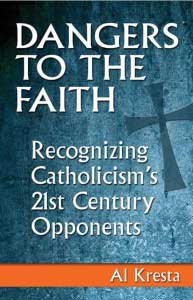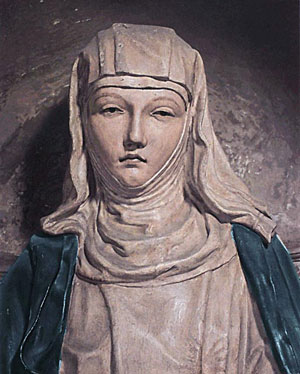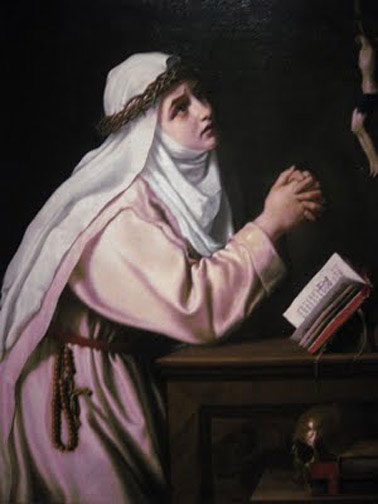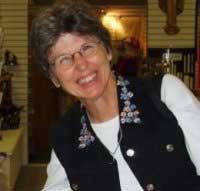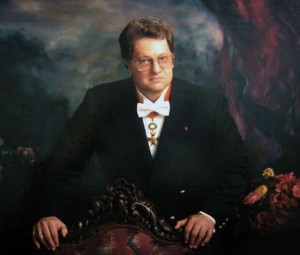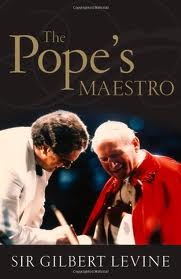Episode 11 -The Way of Mystery: The Eucharist and Moral Living 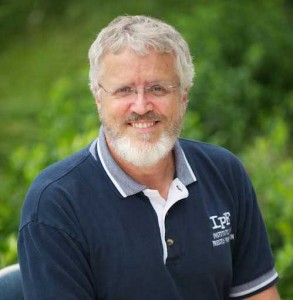
The Liturgy of the Eucharist part 3 : The Eucharistic Prayer…God teaching us to pray. What are we doing in our participation and are we truly ready to receive the Body of Christ? Should we, in integrity, receive the Truth of Christ in Communion…do we really believe?
Podcast: Play in new window | Download (Duration: 28:18 — 25.9MB) | Embed
Subscribe: Apple Podcasts | Spotify | Amazon Music | Android | Pandora | iHeartRadio | JioSaavn | Podchaser | Gaana | Podcast Index | Email | TuneIn | Deezer | Anghami | RSS | More
For more episodes in “The Way of Mystery” Series click here
Deacon James Keating, PhD, the director of Theological Formation for the Institute for Priestly Formation, located at Creighton University, in Omaha, is making available to ”Discerning Hearts” and all who listen, his series of programs entitled “The Way of Mystery”.
 The Vatican II documents remind us that the spiritual journey is not made in a vacuum, that God has chosen to save us, not individually, but as The People of God. The Eucharist must help Christians to make their choices by discerning out of Christ’s paschal mystery. For this process to take place, however, Christians must first understand how the Eucharist puts them in touch with Christ’s passion, death, and resurrection, and what concrete implications being in touch with this mystery has for their daily lives.
The Vatican II documents remind us that the spiritual journey is not made in a vacuum, that God has chosen to save us, not individually, but as The People of God. The Eucharist must help Christians to make their choices by discerning out of Christ’s paschal mystery. For this process to take place, however, Christians must first understand how the Eucharist puts them in touch with Christ’s passion, death, and resurrection, and what concrete implications being in touch with this mystery has for their daily lives.
For more information on the “Institute of Priestly Formation” and for other material available by Deacon Keating, just click here
Don’t forget to pickup a copy of “Communion with Christ” , it is one of the best audio sets on prayer…ever!



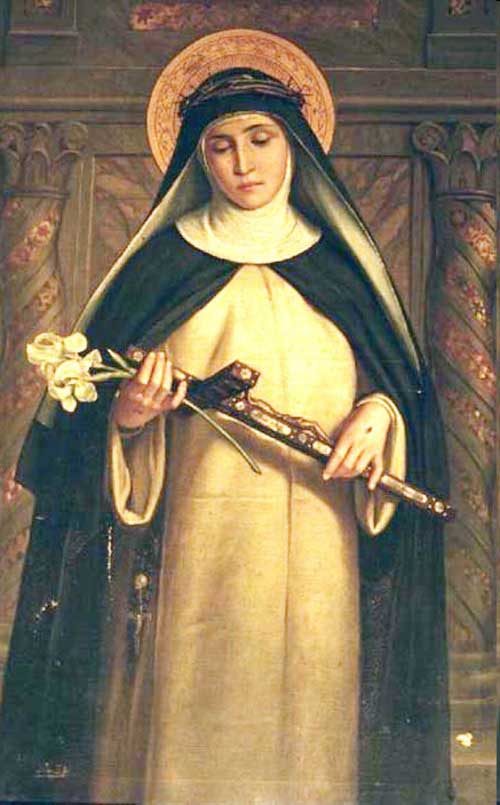
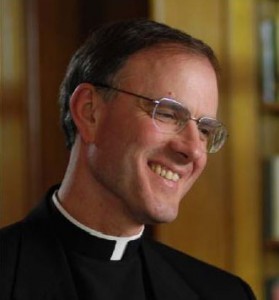

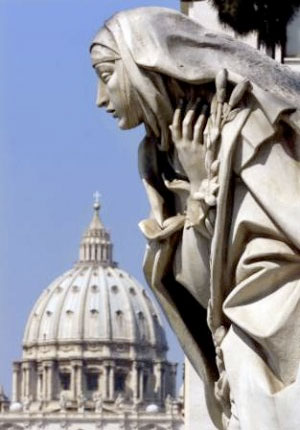
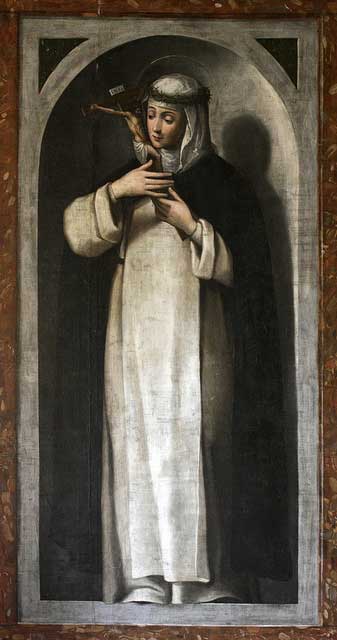
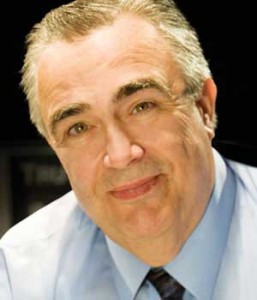 Catholicism’s 21st Century Opponents” in his newest book published by Our Sunday Visitor. The secular world has presented many twisted versions of the “Truth” over the years: from New Age thought to Isalm, Scientism to Consumerism, Oprah and Shirley to Bart Erhman and Carl Sagan. Al Kresta challenges the “opponents” of faith with Christ-like love and wisdom. In the process, he teaches us all how to evangelize as a true disciple of Christ.
Catholicism’s 21st Century Opponents” in his newest book published by Our Sunday Visitor. The secular world has presented many twisted versions of the “Truth” over the years: from New Age thought to Isalm, Scientism to Consumerism, Oprah and Shirley to Bart Erhman and Carl Sagan. Al Kresta challenges the “opponents” of faith with Christ-like love and wisdom. In the process, he teaches us all how to evangelize as a true disciple of Christ. 